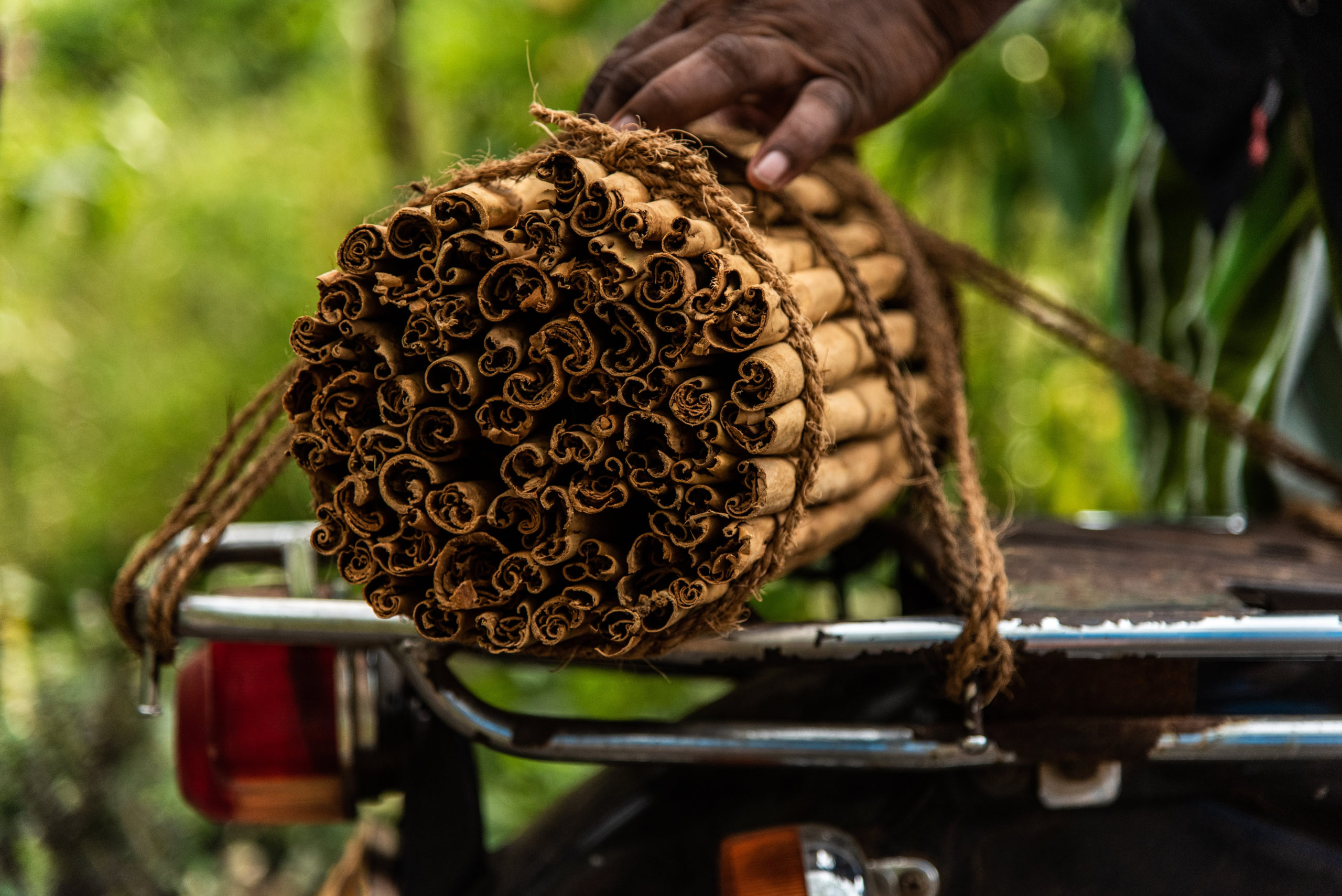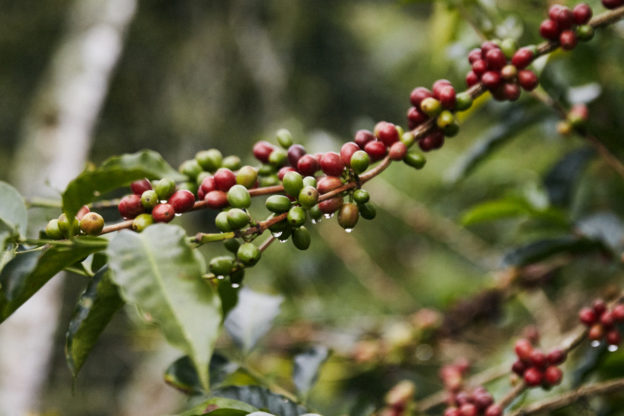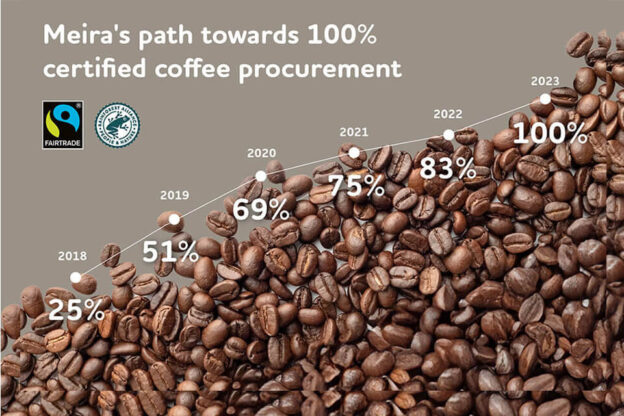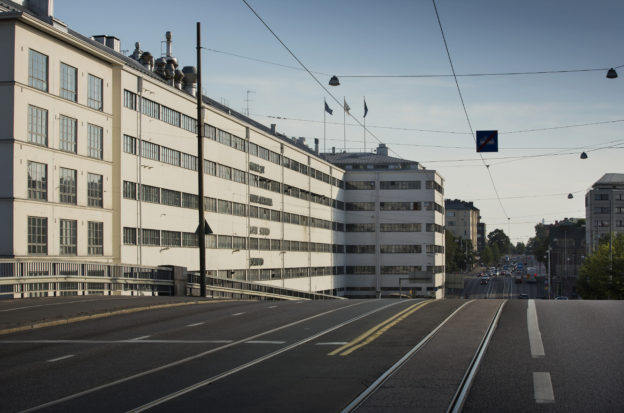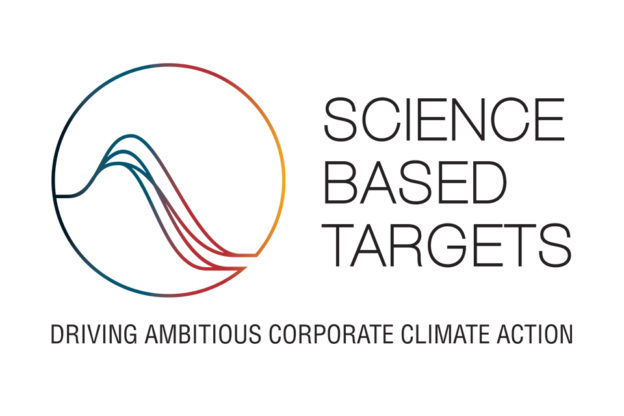Sustainability guides the daily operations at Meira. This is reflected in our ambitious goals as well as in practical actions throughout the value chain. Our sustainability program is based on the UN Sustainable Development Goals (SDG). The three basic pillars of our operations are reliable products and services, human wellbeing and caring for the environment throughout the value chain. We help consumers make responsible choices, for people and for our common planet.
The raw material trade in spices is global and fragmented. As much as 90% of spices come from smallholder farmers, which on the one hand brings vitality and wealth to the countryside of the countries of origin, but on the other hand makes the traceability of spices challenging. We procure approximately 5 million kilos of raw materials for our spice factory annually from our long-term, reliable supplier partners. Our purchases are guided by our strict quality specifications, for example in terms of freshness and product safety. In addition, the availability and market situation, the sustainability and risk analysis performed for each raw material and our principles of sustainable sourcing policy guide our procurement. Certifying the sustainability of spices requires resilience, perseverance and professionalism.
In order to provide our customers with reliable, high-quality, fresh and sustainably produced spices, we need to work long-term with the suppliers and producers. We use many tools to verify the sustainability of the raw material. We primarily use third-party certification or verification (e.g. the Rainforest Alliance, Fair Trade). We also accept raw materials coming through our partners’ sustainability programs if the principles of the program correspond to the principles and requirements of our procurement policy regarding e.g. the respect for human rights and the protection of the environment and if our partner can verify the implementation of the program up to the farm level. We also conduct audits of the supply chain ourselves.
Over the past year, we have analyzed the sustainability risks and opportunities of dry spice raw materials and outlined ambitious numerical sustainability goals: by the end of 2023, 80% of spice raw materials will come from certified or low-risk sources (based on the BSCI rating). In 2026, we aim for 90%, and for 2030 our goal is a full 100%.
In order to reach our goal, we constantly replace the so-called traditional raw materials with certified raw materials or materials turned sustainable through our partners’ sustainability programs. During the last 18 months, we have turned 22 raw materials to sustainability certified or into partnership programs. Among other things, all of our black and white peppers come from farms certified under our partner’s sustainability program, and we purchase ginger and clove as Rainforest Alliance certified. This year we also launched the Meira Premium Spices series, whose products are Fair Trade and Organic certified or domestic.
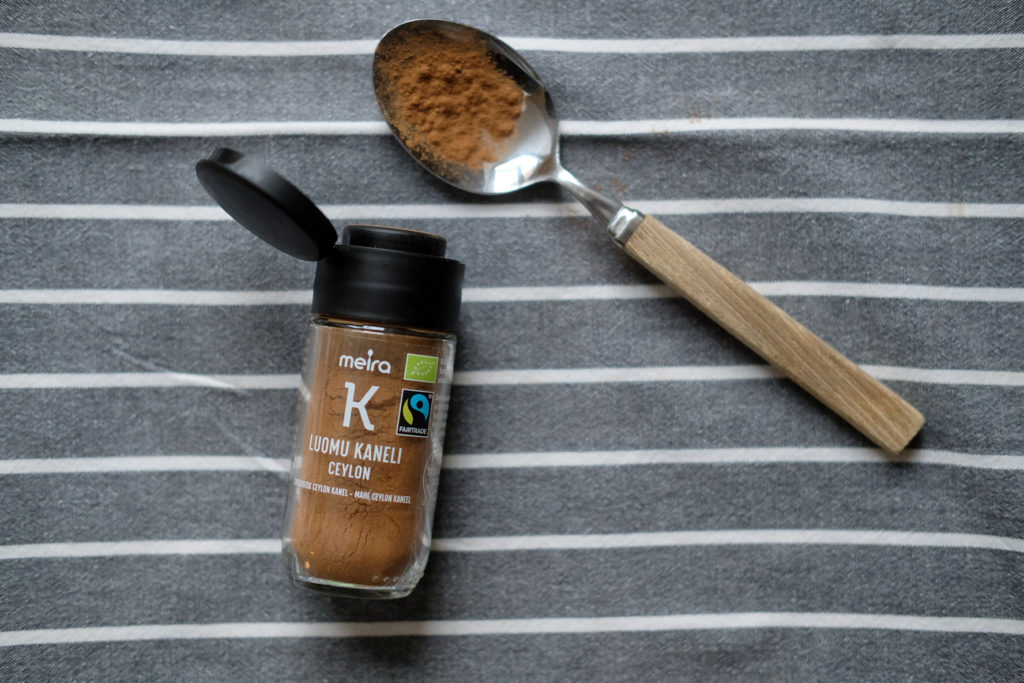
Sustainability work in cinnamon procurement
In the case of cinnamon, typical challenges related to the sustainability of cultivation is the clearcutting in the rainforest, and the problems caused by this, e.g. narrowing of the living space of pollinators and animals as well as biodiversity loss. In the harvest of cinnamon used by Meira, the method of peeling the bark is preferred to clearcutting. In this method, the cinnamon tree is left to grow and the bark used as a raw material for cinnamon is cut off. The tree usually survives the procedure and produces new harvest faster than it would take time to grow a new tree. The forest habitat does not suffer as much because the trees are not cut down.
Our partner also regularly trains cinnamon growers in sustainable cultivation and harvesting, e.g. protection of biodiversity, planting of cinnamon trees and ensuring the viability of debarked trees.
The Meira range also includes Fairtrade and Organic certified Ceylon cinnamon. This cinnamon is grown according to organic principles. This means, for example, that no chemical fertilizers or insecticides are used. Farmers are paid an additional Fair Trade fee, and the farm is regularly audited by a third party to ensure that the products meet the requirements of the Fair Trade and Organic standards.
We are constantly looking for a sustainability certified alternative to the Indonesian cassia. Finding a substitute has been challenging due to in Meira’s large volumes, availability and our strict product quality requirements (e.g. in cinnamon coarseness). Our alternative plan is to carry out an audit of an external operator (so-called third party) for Indonesian cinnamon during 2022-2024.
We work every day for a better future. All our spices are developed, manufactured and packaged in Finland.The wide range of products and the taste, freshness, quality, purity and low salinity of the products have made Meira the market leader in dry spices in Finland. We want to offer consumers good taste, joy and inspiration for the dining table, but at the same time also take care of the well-being of people and the environment from our Vallila factory to the dining tables and the countries of origin. Meira spices taste even better when we know that they have also been produced in the interests of farmers and our planet.
Marleena Bask
Director, Strategy and Sustainability
